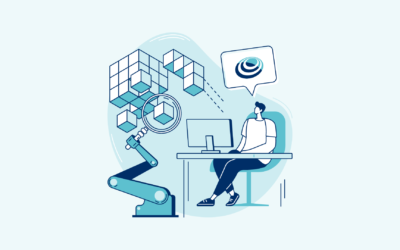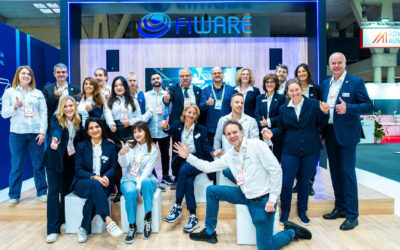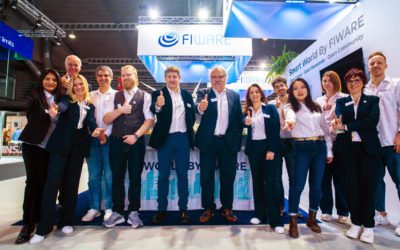Imagine a world where stalks could tell farmers they need more nutrients, or where the ground could tell the sprinkler how much water it needs, or where a farm could warn others about the particular pest that infested it. Now that smart cities are on everyone’s lips, the Internet of the Future is also opening up a world of unprecedented possibilities in terms of food and agriculture. Let’s consider for a while the enormous impact that the use of Open and Big Data may have on the lives of both farmers and consumers. Smart fields would not only be more efficient, but may also reduce costs.
Four out of sixteen accelerators participating in the FIWARE Program are open to projects related to this area: Fractals, FInish, SmartAgriFood and SpeedUp! According to the SmartAgriFood’s webpage, the Internet of Things could help develop initiatives on three different domains: Smart Farming, Smart Agri-Logistics and Smart Food Awareness. Focusing on these three points, not only food processing and food manufacture would be facilitated, but also consumers’ awareness would be fostered.
But it is not all about making food production more sustainable, but also about reducing waste. In recent months, and thanks to the FIWARE technology, we have witnessed the development of an app such as FoodLoop, which has now become a remarkable success story. It allows consumers to know what products have reduced prices (due, among other reasons, to an early sell-by date) and where to get them, thus minimizing the amount of wasted food.
Does it sound interesting to you? Are you developing an app related to, say, food quality control? Then, we strongly recommend your getting informed about FIWARE and its accelerators. Let’s make smart fields as real as we said smart cities are.
Picture by Lali Masriera.



